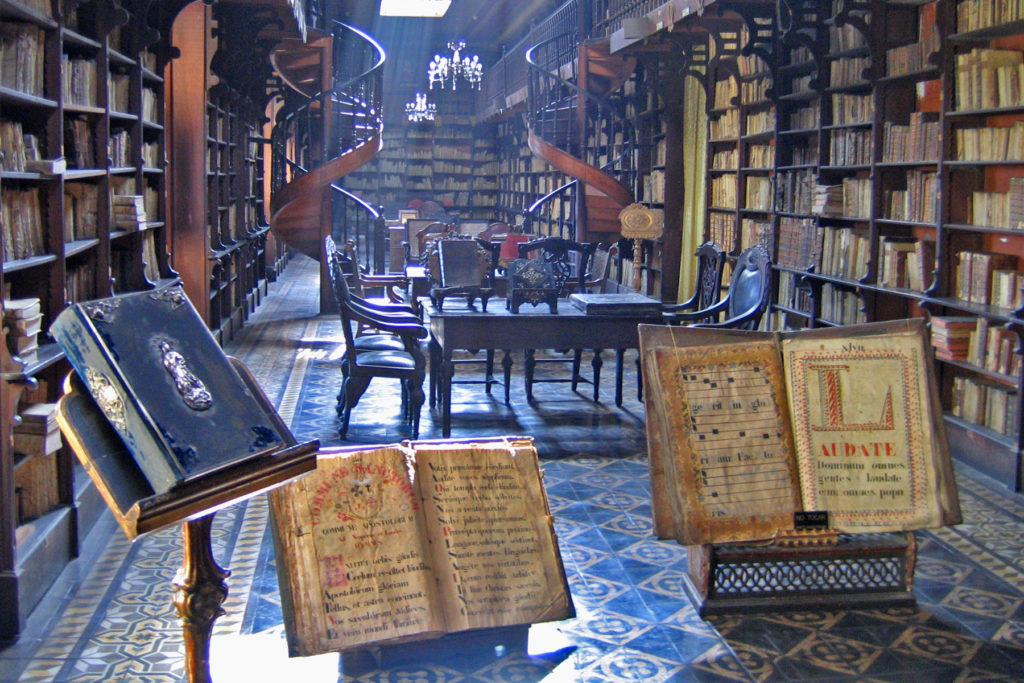“Lead me to the rock that is higher than I.”
(Psalm 61:2b ESV)
As we launch into 2019, I want to encourage you to put a Bible reading plan together for the new year (if you don’t have one already).
Here are 4 Principles and 5 Plans to Read the Bible this Year from Pastor Philip Nation (everything in italics below):
Many believers look for a systematic Bible reading plan as they enter a new year. As you consider how you’ll deepen your devotional life and understanding of the Bible, let me make a few suggestions.
- Remember the goal. The main reason for reading the Bible is to encounter God. The Scriptures are His self-revelation to us. Use “finishing the plan” as a goal but not thegoal. Make your aim to become more intimate with God through engaging His Word.
- Plans are made for you and you are not made for the plans. Over the course of the year, you will likely have a smattering of days where the Bible reading plan goes unattended. It will be because of a blip of spiritual apathy and sinfulness. You’ll have an emergency that interrupts the whole of life. Events will occur where you need to abandon the plan for reading and studying some other portion of the Bible. Remember that the reading plan is a tool for you to use, not a master that decides your spiritual fate. Be faithful to God and His Word; not to a plan that someone wrote and posted online.
- Seek the whole counsel of God. Too many people hop, skip, and jump through topical readings about their favorite subjects. Finding a solid plan and sticking with it will allow you to get the full overview of God’s revelation and a deeper understanding of how it all works together.
- Pick a plan that will benefit you. There are no shortages of plans to use. In a previous post, I listed 14 different plans. Besides the ones listed there, here are a few others to consider using.
Here are five plans that you could consider using in the year ahead.
90 Day Reading. On occasion, I have plowed through the Bible with a 90-day plan. It requires reading somewhere around 13 chapters per day. However, I’ve developed my own version that fluctuates between nine chapters (in some places of the New Testament) and 25 (in the Psalms). It is an intense process.
Day-by-Day Chronological Bible edited by George Guthrie. I’m utilizing this edition in my devotional life this year.
Foundation 260 Plan from Robby Gallaty. Replicate Ministries has wonderful resources for discipleship and Bible engagement. I love the F260 Plan. The Foundations books and The Disciples Bibles are great resources that help you move through it as well.
The Discipleship Journal Bible Reading Plan. The Navigators developed this plan and it is a great one to mix the OT and NT each day in your reading.
Robert Murray M’Cheyne Bible Reading Plan. The original by M’Cheyne with a few various ways to print are available. A solid system for anyone who wants a one-year plan.
You Version app. There are no shortages of Bible reading plans on the most popular Bible app.
Ultimately, we should discipline ourselves to read the Bible because it is the great Sword of the Spirit (Ephesians 6:17) that God uses to reveal Himself and conform us to the image of Christ. Reading it is the spiritual endeavor to know Him, seek His ways, and understand ourselves better. It is a primary habit for our holiness.

